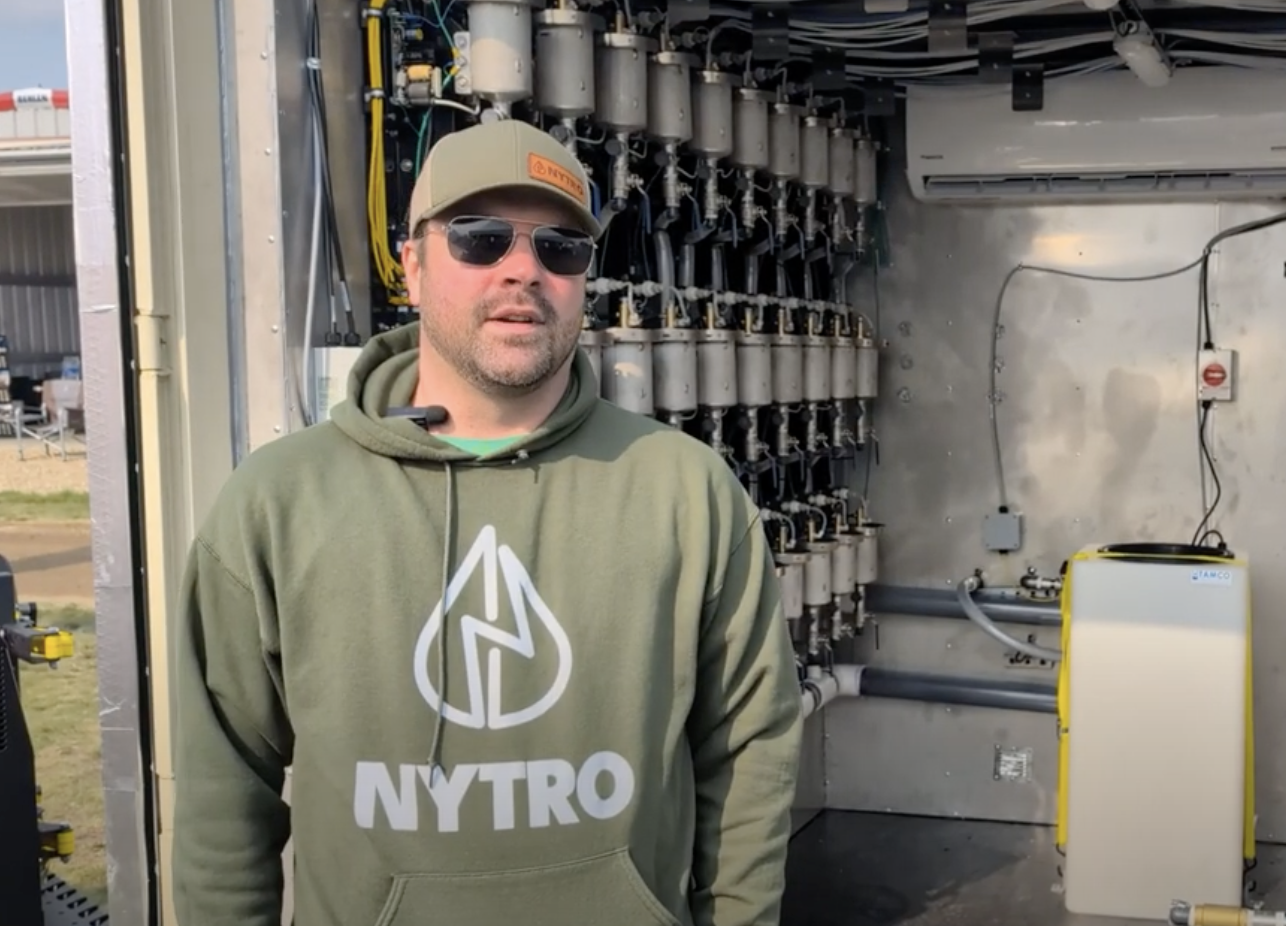Footrot trial under way
A new vaccine called Volar is available to treat footrot.
A trial now under way on bulls in Saskatchewan community pastures is designed to find out if there is value in adding it to a regular vaccination program.
Volar is a product of Bayer, which donated enough vaccine for 400 bulls in nine community pastures. Each bull was vaccinated twice before the breeding season.
“Footrot is caused by a bacterium normally found in the gut and fecal matter of cattle and sheep. It can also survive in the soil for up to 10 months,” said Peter Rempel, director of the pastures branch of Saskatchewan Agriculture.
Read Also

VIDEO: Green Lightning and Nytro Ag win sustainability innovation award
Nytro Ag Corp and Green Lightning recieved an innovation award at Ag in Motion 2025 for the Green Lightning Nitrogen Machine, which converts atmospheric nitrogen into a plant-usable form.
“If sheep or cattle have an abrasion or puncture in the foot, it can become infected by the bacteria, which multiply in this site to cause swelling of the foot. This can lead to lameness and the animal does not move or eat well. The result is a thin animal. When a bull has footrot, it can’t work, and the breeding program suffers.”
If caught early, the disease can be treated with antibiotics, but the longer it is undetected, the more expensive it is to cure.
The results from the trial will be compared to information on footrot treatments gathered by pasture managers in the past.
“If the Volar trail is successful, vaccination of all the bulls may be justified,” said Rempel.
Manufacturer confident
“We’re pretty confident about the results,” said Don Wilson, regional business manager of Bayer Inc.,
Animal Health, in Calgary.
“In a normal season, we expect Volar will reduce the incidence of footrot by 80 percent. No vaccine is 100 percent effective. But even those who get footrot will have a milder form.”
Wilson said Volar has been well evaluated in the United States, and went through further evaluation in an Alberta bull test station last winter. The results of the Alberta trial were uncertain, because of the low incidence of footrot in the feedlot.
The Saskatchewan trial should give better information on efficacy of the vaccine on pasture.
Wilson said the only product limitation is its price- it’s expensive. That’s why bulls are the trial target now. But dairy cattle are also potential targets for footrot prevention, Wilson said.
– Saskatchewan Agriculture














